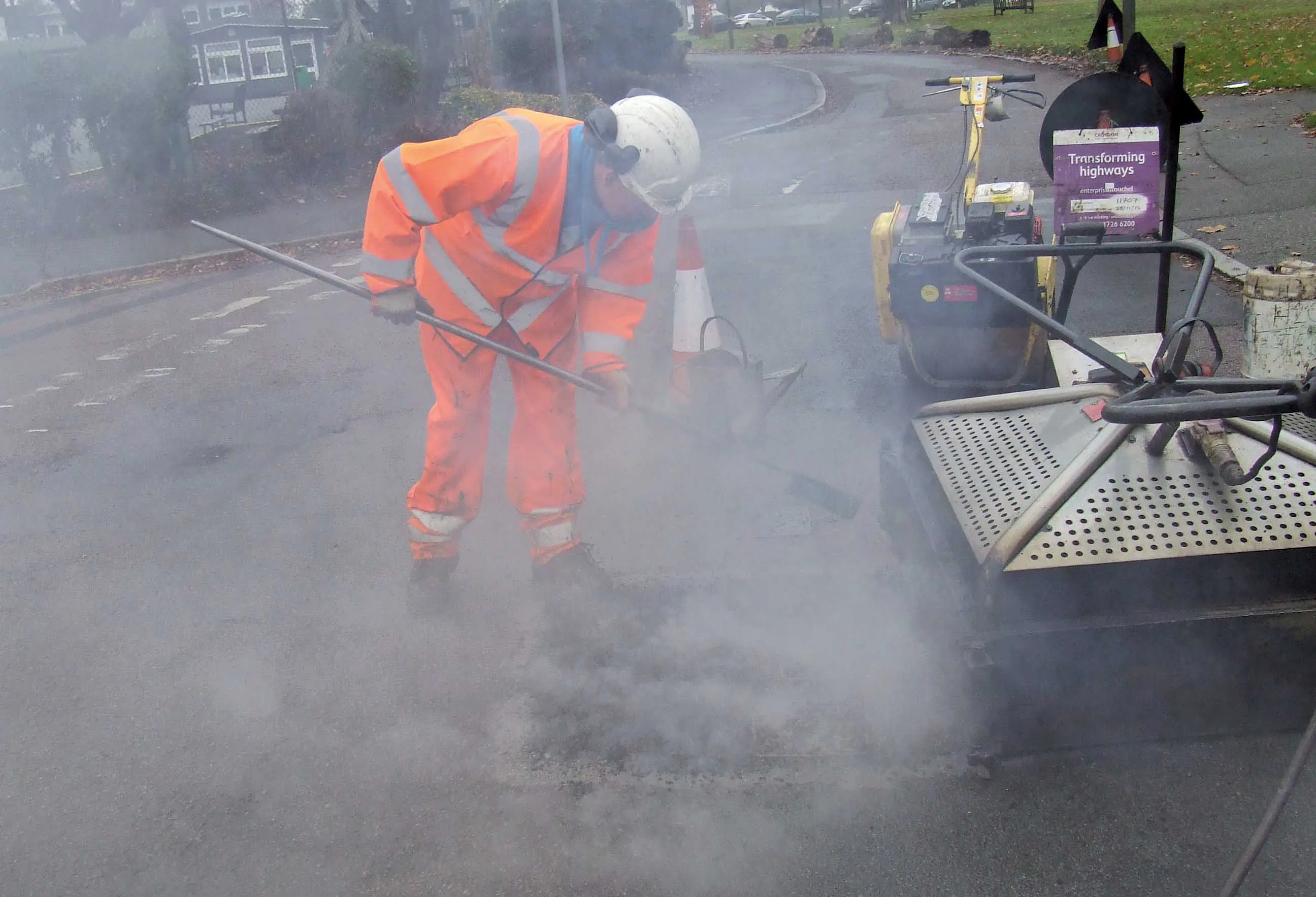New data shows an improvement in Europe's road safety during 2010.
February 28, 2012
Read time: 2 mins
New data shows an improvement in Europe's road safety during 2010. According to the statistics, road fatalities fell in the 1116 European Union by 11% in 2010 compared with the previous year. Most member states saw a double digit drop in the number of road fatalities, with the highest reductions being seen in Luxembourg, Malta, Sweden and Slovakia. These saw reductions of 33%, 29%, 26% and 26% respectively. Belgium also saw better than average road safety improvements during 2010. The number of fatalities on Belgium's roads declined by 12% in 2010, with 76 deaths for every 1 million inhabitants, continuing the drop seen in 2009. Since 2000 the number of deaths of Belgium's roads has fallen by 44%, while in the EU the number of road fatalities is down 43%. In July 2010 the 2465 European Commission adopted proposals to lower the number of road deaths in Europe by 50% by 2020. Similar road safety improvements were seen in Germany and according to the country's Federal Statistics Office, Destatis, the number of people who died in road traffic incidents dropped 12% to 3,648 in 2010 compared to 2009. This is the lowest fatality rate on the German road network for 60 years, which is of note given the increase in population, vehicle numbers and total distance travelled by road. However, the number of accidents registered by the police rose by 4.3% to an 11-year high of around 2.4 million. The development was partly attributed to the exceptional weather conditions in the winter period. However Romania is noted as having Europe's most dangerous roads. The risk of serious injury or fatal accidents on Romania's road network is eight times higher than for Sweden, which has Europe's best road safety record. This data is according to a study by the 1197 European Transport Safety Council (ETSC). In 2009, 2,796 people died on Romanian roads, compared to 2,454 in 2001, an increase of 14%. The country is acknowledged as having the worst road system in the EU, followed closely by Bulgaria.







